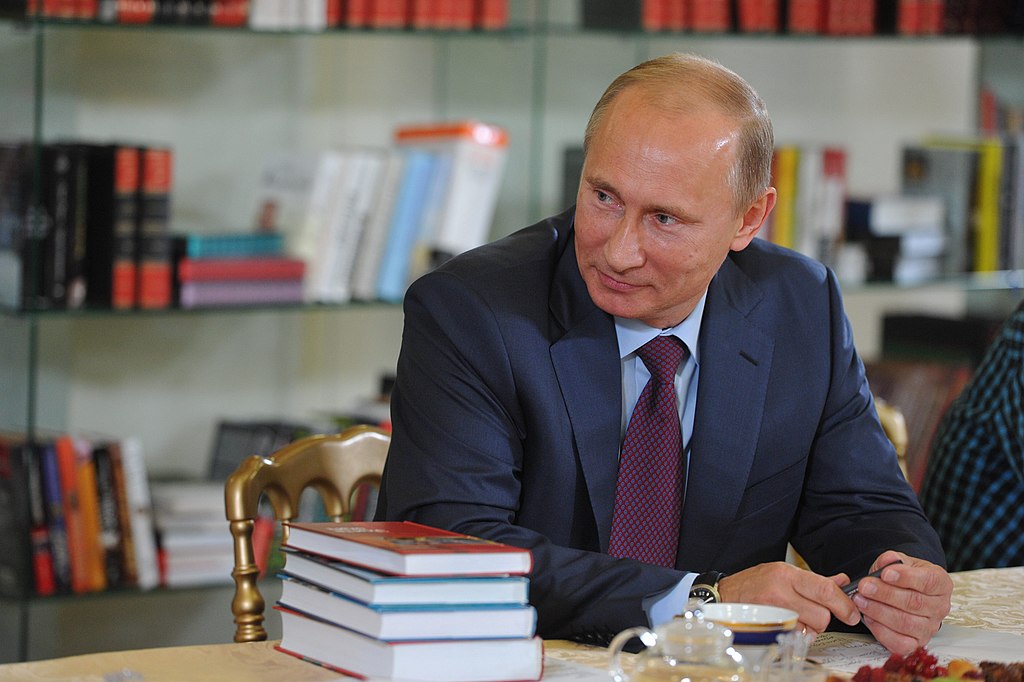Counterinsurgency (First in an Infinite List of Things I Might Be Wrong About)

Because we aspire to put ideas above ideology here at Big Think, I want to make sure you’ve heard of Andrew Bacevich, a scholar and retired army officer who would disagree mightily with my recent assertion that “America helps itself in warfare by relying on face-to-face counterinsurgency.”
Last night, I finished Bacevich’s most recent book, The Limits of Power. In the book, Bacevich writes:
“… the problem with the first lesson of Iraq and Afghanistan — that the Pentagon needs to get better at waging ‘small wars’ — is that it overlooks far more fundamental matters. Rather than transforming the armed forces of the United States into an imperial constabulary, the imperative of the moment is to examine the possibility of devising a nonimperial foreign policy.”
Or, as he puts it later in the book:
“America doesn’t need a bigger army. It needs a smaller — that is, more modest — foreign policy, one that assigns soldiers missions that are consistent with their capabilities. Modesty implies giving up on the illusions of grandeur to which the end of the Cold War and then 9/11 gave rise. It also means reining in the imperial presidents who expect the army to make good on these illusions. When it comes to supporting the troops, here lies the essence of a citizen’s obligation.”
I read Bacevich’s book specifically because he challenges ideas that have come to feel comfortable to me. So I can’t quite tell if I’m bargaining or if I’m experiencing a flicker of actual insight when the same thought keeps coming to me: There must be a way to reconcile Bacevich’s ideas with the ideas of the new generation of counterinsurgency thinkers.
So it was interesting to come across this post by one of those new-generation thinkers, Andrew Exum. Exum wrote:
“One of the things I have always maintained is that realists of the Andrew Bacevich school and counter-insurgents of the David Kilcullen school have more in common than they realize at first glance. No one who really understands COIN wants to do it. Liberal interventionalists and neo-conservatives are likely to be much more enthusiastic than the practitioners themselves. Counter-insurgents, often knowing something of what they speak through practical and hard-won experience, realize all too well just how difficult and costly big schemes drawn up in Washington become when they have to be operationalized. Counter-insurgency is hard. Best to avoid it, actually.”
I will continue to puzzle over all this. It makes my brain hurt. But in a good way. More to come.
A written excerpt of Bacevich’s book is here. An audiobook sample is here.




